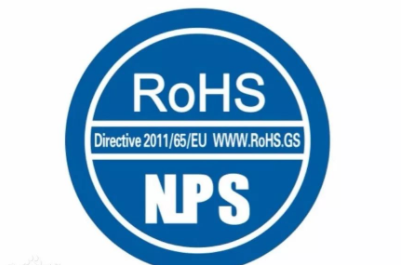skype:
skype:

Introduction:
Industrial LCD screens are a vital component of electronic products globally, and their quality, safety, and environmental performance are of utmost concern. While there are certain commonalities in the certification requirements for industrial LCD screens across different countries, there are also notable differences. This article delves into the shared and distinct certification requirements for industrial LCD screens in various countries.

I. Common Certification Requirements
Safety Certifications: Regardless of the country, the safety of industrial LCD screens is paramount. Widely recognized international safety certifications include CE, FCC, and RoHS. CE certification is mandatory in the European Union, indicating compliance with the EU's technical harmonization and standardization directives. FCC certification, granted by the U.S. Federal Communications Commission, ensures that radio frequency devices, communication products, and digital devices meet U.S. market regulations. RoHS certification restricts the use of certain hazardous substances in electrical and electronic equipment, safeguarding user health and environmental safety.
Quality Management System Certification: ISO 9001 quality management system certification is widely adopted internationally. Industrial LCD screens must meet this standard in any country to ensure product quality stability and reliability.
II. Different Certification Requirements
Energy Efficiency Certification: Standards for energy efficiency certification of industrial LCD screens vary by country. For instance, China has the GB21520 standard for energy efficiency limits and levels for computer monitors, whereas the EU employs the ENERGY STAR program. These standards differ in specifics but share the goal of promoting energy conservation and environmental protection.
Environmental Certification: Environmental certification requirements for industrial LCD screens also differ among countries. The EU's RoHS directive limits the use of hazardous substances in electronic equipment, while China's CCC (China Compulsory Certification) requires compliance with Chinese safety and environmental standards. These certifications aim to minimize the environmental impact of LCD screens during production and use.
Compatibility Certification: There are varying requirements for compatibility certification of industrial LCD screens in different countries. For example, the U.S. has HDMI and DisplayPort certifications, ensuring smooth communication and data transfer between LCD screens and other devices. In contrast, the EU's CE certification necessitates compliance with EU technical regulations. These certifications guarantee seamless integration of LCD screens with other devices.
Conclusion:
While there are commonalities in the certification requirements for industrial LCD screens across countries, such as safety and quality management system certifications, there are also significant differences in energy efficiency, environmental, and compatibility certifications. These discrepancies stem mainly from variations in national regulations and standards. Understanding these certification requirements is crucial for LCD screen manufacturers to ensure their products can enter different national markets and meet local standards.
If you are interested in our industrial LCD screens or want to learn more about how to choose the most suitable brightness parameters based on your specific applications, we welcome you to contact us at any time. Our expert team will provide you with professional consultation and support to help you find the most suitable industrial display solution for your needs.
Please contact us through the following methods to start your journey to a customized solution:
Visit our official website: [www.lhlcdpanel.com]
Send an email to: [celia@leehon.com]
Call us at: [0086-15906639973]
We look forward to working with you to bring you greater value.